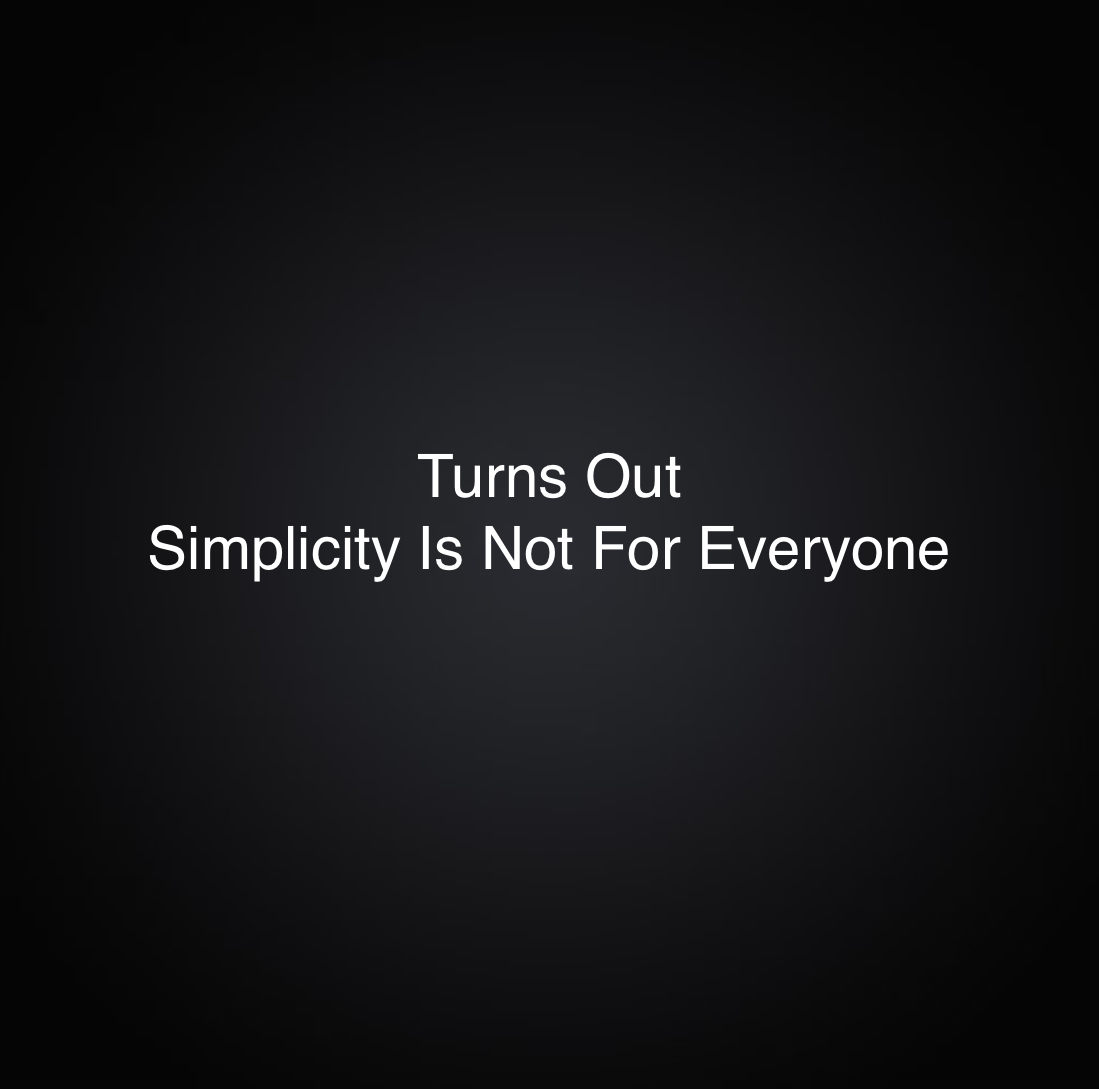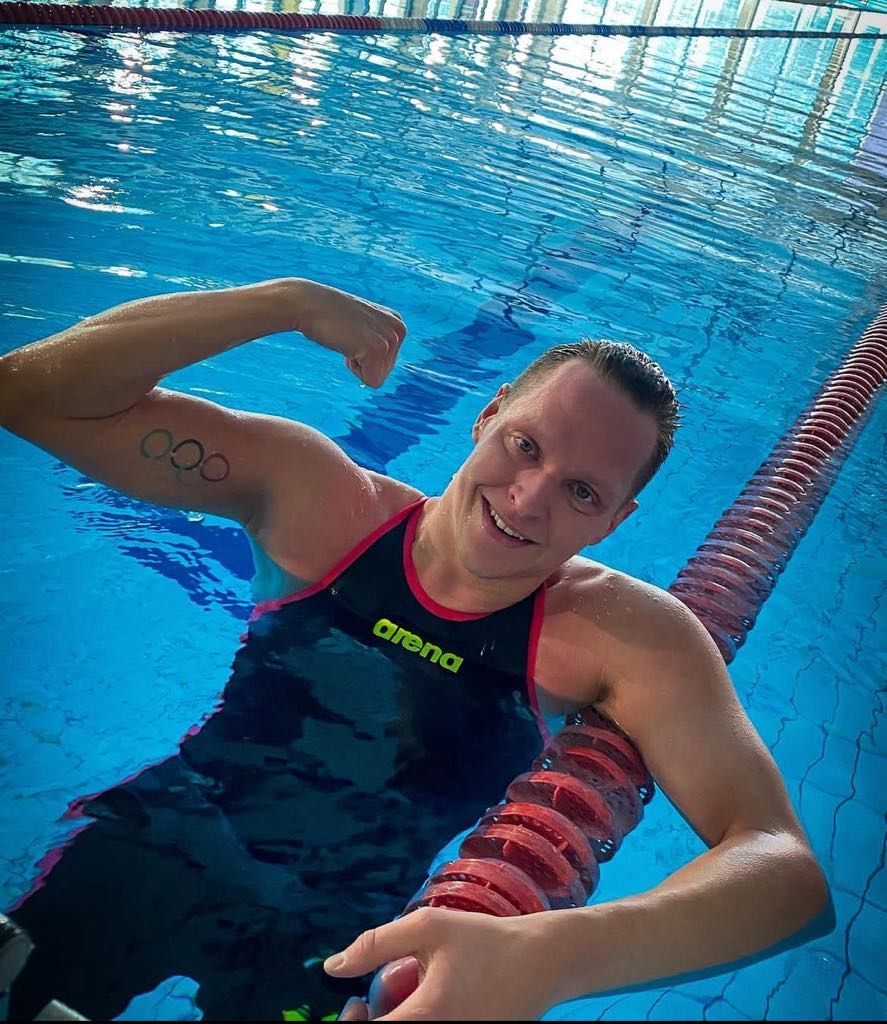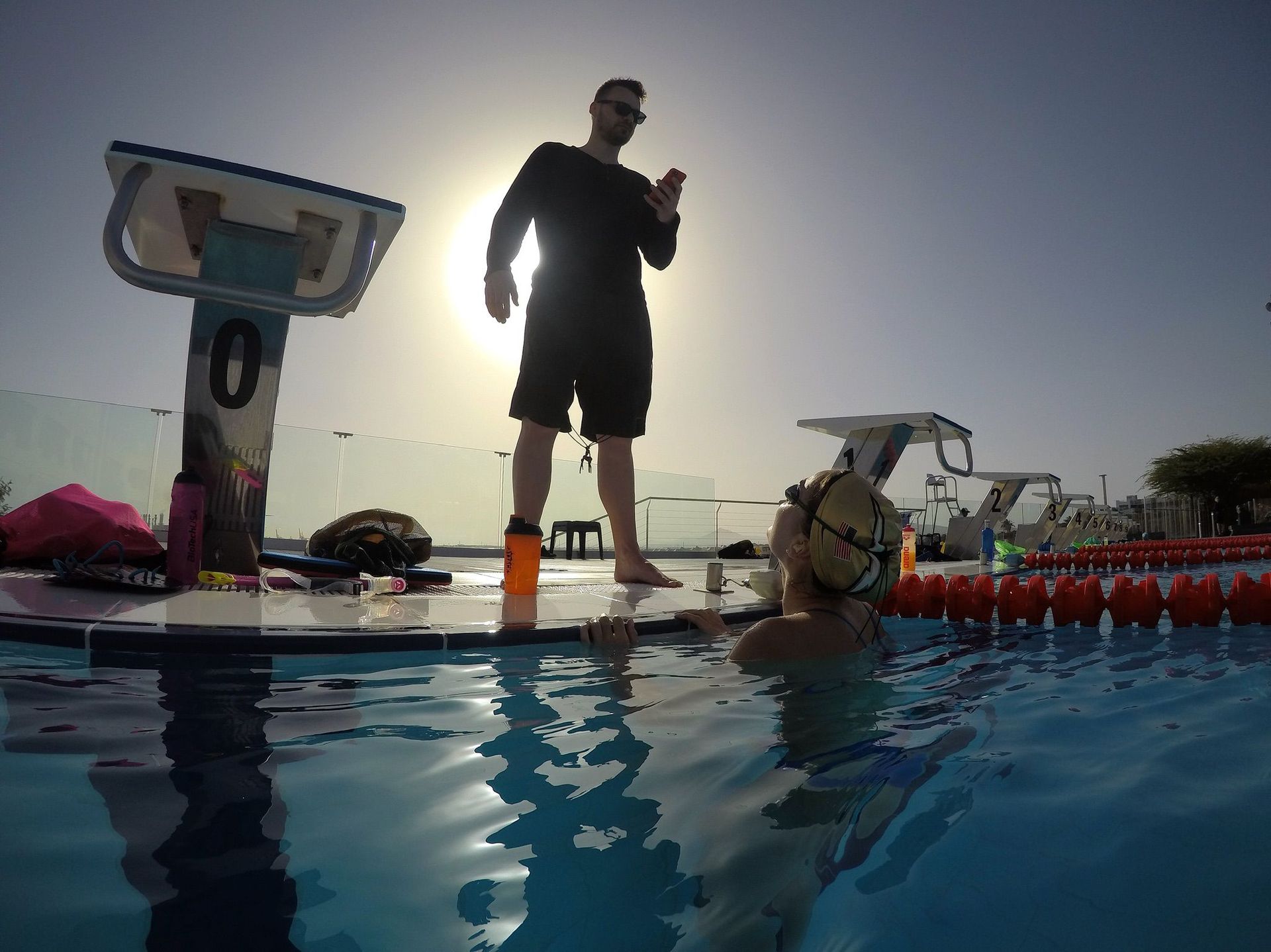Overcoming the Odds: A Journey to Victory in Open Water Swimming
Waschi's Story
As a coach, there are moments that define your career—moments that showcase the power of dedication, resilience, and the deep trust between you and your athlete. One of those unforgettable moments came during the challenging years of the COVID-19 pandemic, when I had the privilege of guiding Waschi through an incredibly tough and rewarding journey to qualify for the World and European Open Water Championships.
Waschi’s pathway to success wasn’t a smooth ride. It was a story of perseverance against relentless challenges, and I can confidently say that it became one of my greatest achievements as a swim coach. His journey truly tested not only his physical limits but also his mental toughness.
The COVID Challenge
The global pandemic was a period of uncertainty and disruption for athletes worldwide, and swimming was no exception. Training schedules were upended, travel plans were canceled, and, for Waschi, things took an even more difficult turn. During his critical preparation phase, he caught the virus—not once, but twice. The first time, he had to pause his training, and the second time came just before the race itself. These setbacks could have derailed any athlete’s progress, but Waschi’s determination kept him going.
Compounding the issue were the strict pandemic restrictions. The traditional qualification process for open water swimming—done in vast outdoor bodies of water—was replaced by a grueling 25km single person pool race. And not just any pool race: the qualification times were set at 4 hours, 53 minutes for the World Championships and 4 hours, 57 minutes for the European Championships, which had to be swam alone in a pool, filmed by a camera and documented with every 100m split time.
This race would become an intense test of endurance, pacing, and strategy. With no room for error, everything had to go perfectly. The stakes were incredibly high, but we had to go all in. We set everything on one card and hoped for the best.
Training in Uncertainty
Training during COVID was no easy feat. Pools were closed, access to open water was limited, and the typical rhythm of competition was thrown out the window. But we found ways to adapt. Waschi maintained an unwavering focus, taking advantage of every training opportunity we could find. We had to get creative: using indoor training equipment, cross-training, and doing everything we could to keep his strength and endurance up.
There were countless days when the uncertainty of it all seemed overwhelming, but Waschi remained resilient. We focused on the long game—building his stamina, his pacing, and his mental fortitude. He understood that the race would demand more than just raw speed; it would require him to dig deeper than ever before.
The Big Day: Setting a Record
When the day of the qualification race finally arrived, it was a make-or-break moment. Waschi had overcome so much just to get to the starting line, but now the real test awaited.
The 25km pool race was a beast—nearly 16 miles of continuous swimming. We knew that maintaining an average pace of 1:10 per 100 meters would be crucial to qualifying for the World Championships. The challenge was immense, but Waschi was ready. His pacing strategy was flawless, he had worked out his feeding strategy and written down exactly what to feed and when, his technique was sharp, and his focus never wavered.
In the end, he finished the race in a record time of 4:49:58.34—an incredible performance that not only secured his spot at the World Championships but also set a personal and competitive milestone. His average pace of 1:09 per 100 meters was a testament to his years of hard work, discipline, and perseverance.
Reflection
Looking back on that journey, I’m filled with immense pride. Not just because Waschi achieved his goal, but because he did it against all odds. We navigated a global crisis, overcame illness, and found new ways to push through adversity. Every setback was met with an even greater resolve, and every challenge strengthened our bond as coach and athlete.
For me, this achievement represents what is possible when athletes, coaches, and supporters come together with a shared vision. It’s about more than just the record times and the titles—it’s about pushing the limits of what can be achieved, even when the world seems stacked against you.
Waschi’s story is a reminder that the true measure of success isn’t just about the victories you achieve, but the obstacles you overcome along the way. It’s about believing in yourself, especially when the going gets tough, and having a coach who believes in you just as much.
As a coach, there’s no greater reward than watching an athlete rise above their challenges and achieve something extraordinary. And for Waschi, this is just the beginning. His journey to greatness is far from over, and I’m honored to have shared this part, setting another great milestone in his Open Water Journey with him.
Up to this day I find it hard to capture all the highs and lows of this incredible journey we shared but it’s moments I’ll cherish for the rest of my coaching career.




